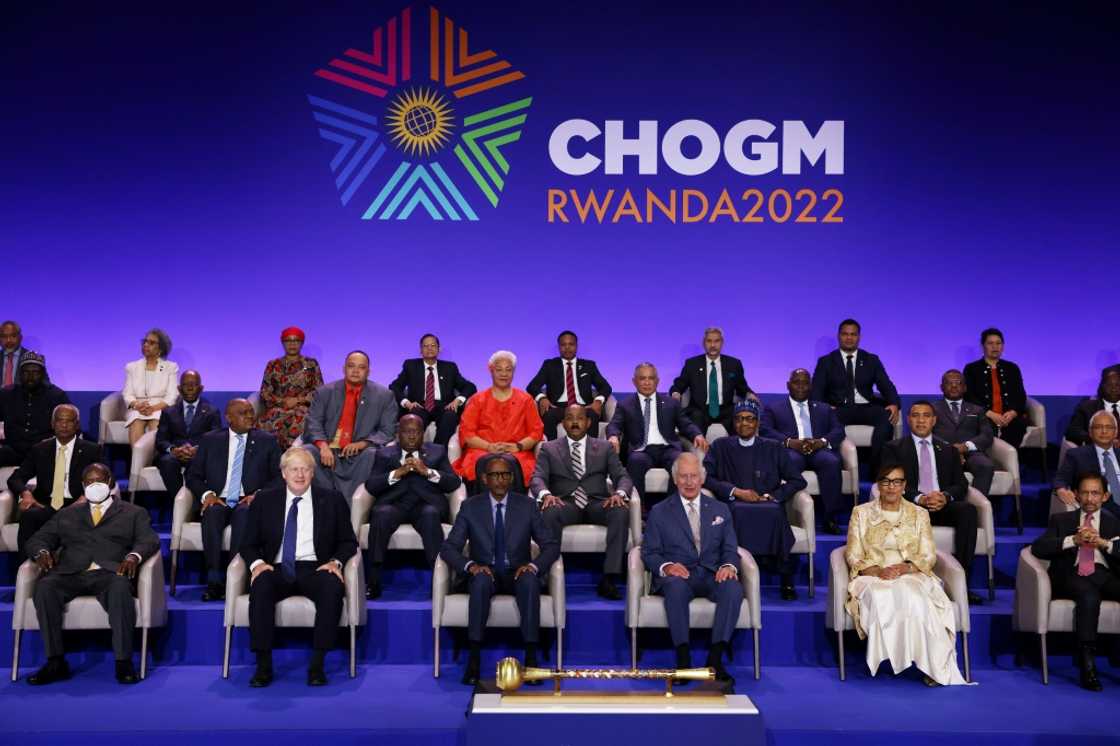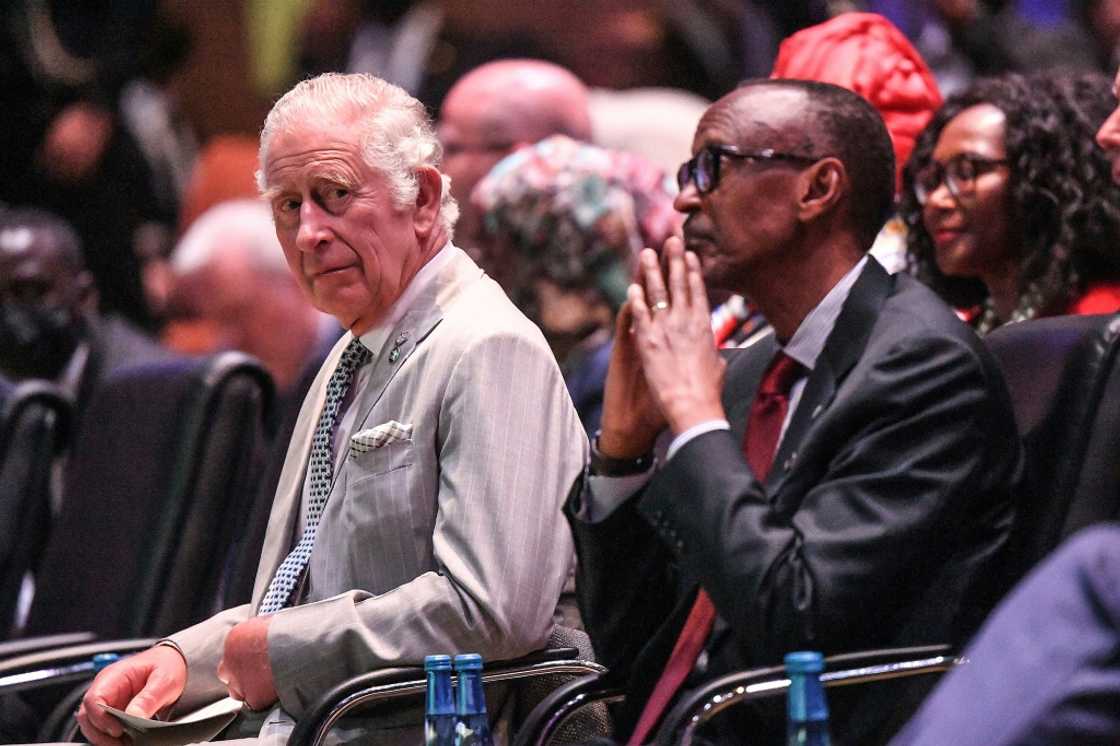Commonwealth talks unity as relevance under scrutiny

Source: AFP
PAY ATTENTION: Click “See First” under the “Following” tab to see YEN.com.gh News on your News Feed!
Prince Charles says Commonwealth nations are free to farewell the monarchy and become republics, acknowledging changes well under way in a colonial-era organisation trying to define its modern profile and purpose.
The 54-nation club meeting in Rwanda this week has faced pointed questions about its relevance, the future role of the royal family, and the legacy of its colonial past.
Royals to republics
Born out of the British Empire, and representing countries as diverse as tiny Tuvalu and behemoth India, the Commonwealth has been championed by Elizabeth II since she became queen in 1952.
At that time, all Commonwealth nations bar India were monarchies but the majority today are republics.
Of the 14 nations outside the UK where the queen is still head of state, republican movements are gaining traction.
PAY ATTENTION: Follow us on Instagram - get the most important news directly in your favourite app!

Source: AFP
Member state Barbados became the world's newest republic last year, and other Caribbean nations are pushing to follow suit.
Charles -- who inherits the Commonwealth leadership when he becomes king -- told Commonwealth leaders on Friday: "Each member's constitutional arrangement, as republic or monarchy, is purely a matter for each member country to decide."
The royal family had been consistent on this point for decades, said Philip Murphy, Commonwealth expert at the Institute of Historical Research.
"What matters to them is not whether countries remain monarchies -- that is up to them. It is that they remain in the Commonwealth," the director of history and policy at the London-based institute told AFP.
Fresh faces
Membership has expanded to include nations with no historic ties to Britain, most recently Mozambique in 1995 and this year's summit host Rwanda in 2009.
Two further non-Anglophone countries -- the west African states of Togo and Gabon -- are expected to become the newest members this weekend.
"More and more countries want to join it. They see the value of it," said British Prime Minister Boris Johnson.
Murphy said Commonwealth membership had become "almost a mark of international respectability" for countries with reputation problems or a desire to pivot away from France.
Togo, once a German then French colony, said membership would bring it closer to the English-speaking world and afford greater market access to 2.5 billion consumers.
"Togo joining the Commonwealth is better for many people than sharing the French language and culture, which at the end of the day has not promoted development," said Togolese political analyst Mohamed Madi Djabakate.
Blind eye
The Commonwealth claims strength in diversity and calls itself a "family of nations" united by a commitment to good governance, respect of human rights, and democracy.
But it is not governed by a treaty and membership is voluntary, making it difficult to enforce decisions or take action against recalcitrant members.
Rights groups took particular umbrage with Rwanda -- whose long-ruling leader Paul Kagame has presided over what critics say is a "climate of fear" -- hosting the summit.
By doing so, critics said, Commonwealth leaders were turning a blind eye to Rwanda's grim record on human rights and political freedoms, and damaging its own claim to defend these liberties in the process.
The expected admission of Gabon and Togo -- both countries ruled by a single family for more than 50 years -- could also raise eyebrows.
Tough questions
Often accused of being a talk fest, delegates at the Commonwealth Heads of Government Meeting (CHOGM) in Kigali addressed climate change, violence against women, mental health, vaccine equity, and urbanisation -- to name a few.
The spectre of colonialism went unmentioned until Charles expressed "sorrow" for the horrors of slavery and Britain's involvement in it.
Despite its shared history of colonialism, Commonwealth nations were not rushing to pore over the painful past or broach uncomfortable topics such as reparations from Britain.
"The Commonwealth cannot be everything to everyone, and it cannot take every issue," said Jamaican Foreign Minister Kamina Johnson Smith, who said the UN was a more appropriate arena for such matters.
Some say the Commonwealth could find new relevance by asking these difficult questions.
"It is a logical framework for discussing colonial legacy issues, because that's the thing that pretty much all Commonwealth members have in common," said Murphy.
PAY ATTENTION: check out news exactly for YOU ➡️ find "Recommended for you" block and enjoy!
Source: AFP





